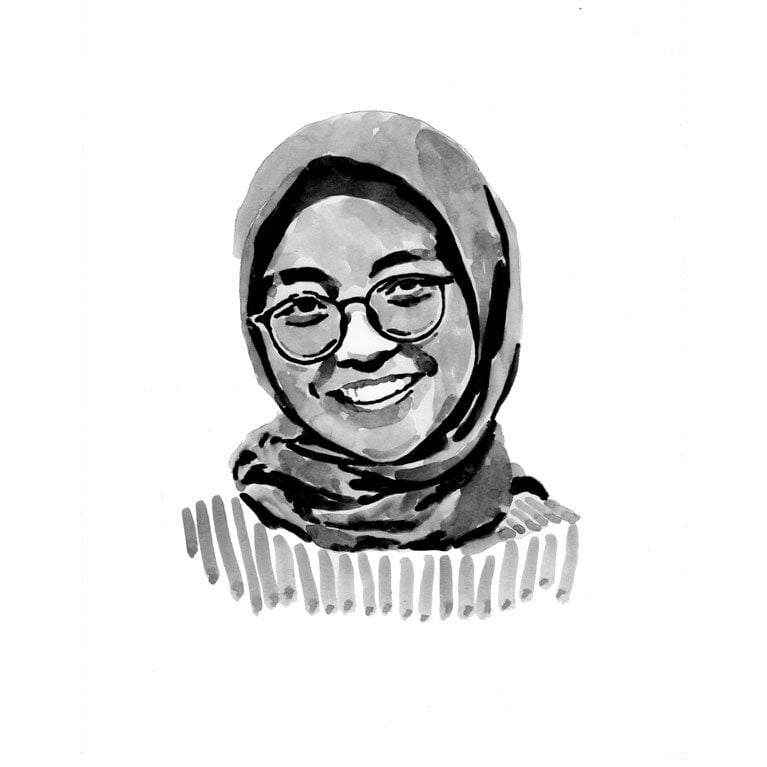Citra Septiani

Who I am
I have loved doing research since high school. I won a silver medal in the Indonesian National Research Olympiad in 2013 before continuing my studies as an undergraduate in biology at Universitas Gadjah Mada, Indonesia. While there I joined the Marine Study Club and we conducted a lot of small research projects. My desire to be a marine biologist grew when I led a research expedition in Wakatobi National Park, in the province of South-east Sulawesi. I will never forget when I learned how to swim and dive! In 2018, I got an opportunity to do a research internship for my Bachelor’s thesis with the NGO YAPEKA and went to North Sulawesi to study the habitat preferences of dugongs in sea-grass ecosystems. The best experience was living with local coastal communities, where I learned about marine resources being their only source of income and how they manage community-based marine protected areas to sustain their livelihoods. After that, I promised myself that I would become a researcher who can help local people to protect their sea and manage their coastal resources.
Where I work
I have been working mostly in North Sulawesi, Indonesia, as a researcher. Currently I am doing a Master’s project in the Sangihe Islands, in northern North Sulawesi. Working with YAPEKA, I conduct research on the socio-ecological modelling of sea-grass ecosystems in four villages located on small islands in Sangihe. During my field work, I lived on an island where 90% of the population are shark fishers. In fact, the small-scale shark fishery in Batuwingkung village has been the main livelihood for generations. Moreover, local shark fishers are under pressure due to confusion about how law enforcers uphold the law and regulations. This makes shark fishing in Indonesia problematic because the small-scale fishery is diverse and unregulated, there is a high incidence of illegal fishing, and data have been collected unsystematically.
What I do
We will use a socio-ecological approach to research the small-scale shark fishery. The interesting part is meeting with local fishers, not only for the household survey, but also to get a better understanding from them of the problems they face. I have conducted hundreds of interviews with fishermen and every one had a valid perspective. We will also challenge our team to interview local traders, who do not like to be exposed. For this project, we will work systematically and consistently, monitoring the small-scale shark fishery and recording data for a year. At the end of the project, we will present our data in a group forum comprising local communities, governments, NGOs and other stakeholders, and together we will discuss what needs to be done to manage the small-scale shark fishery sustainably so as to also protect the species.
